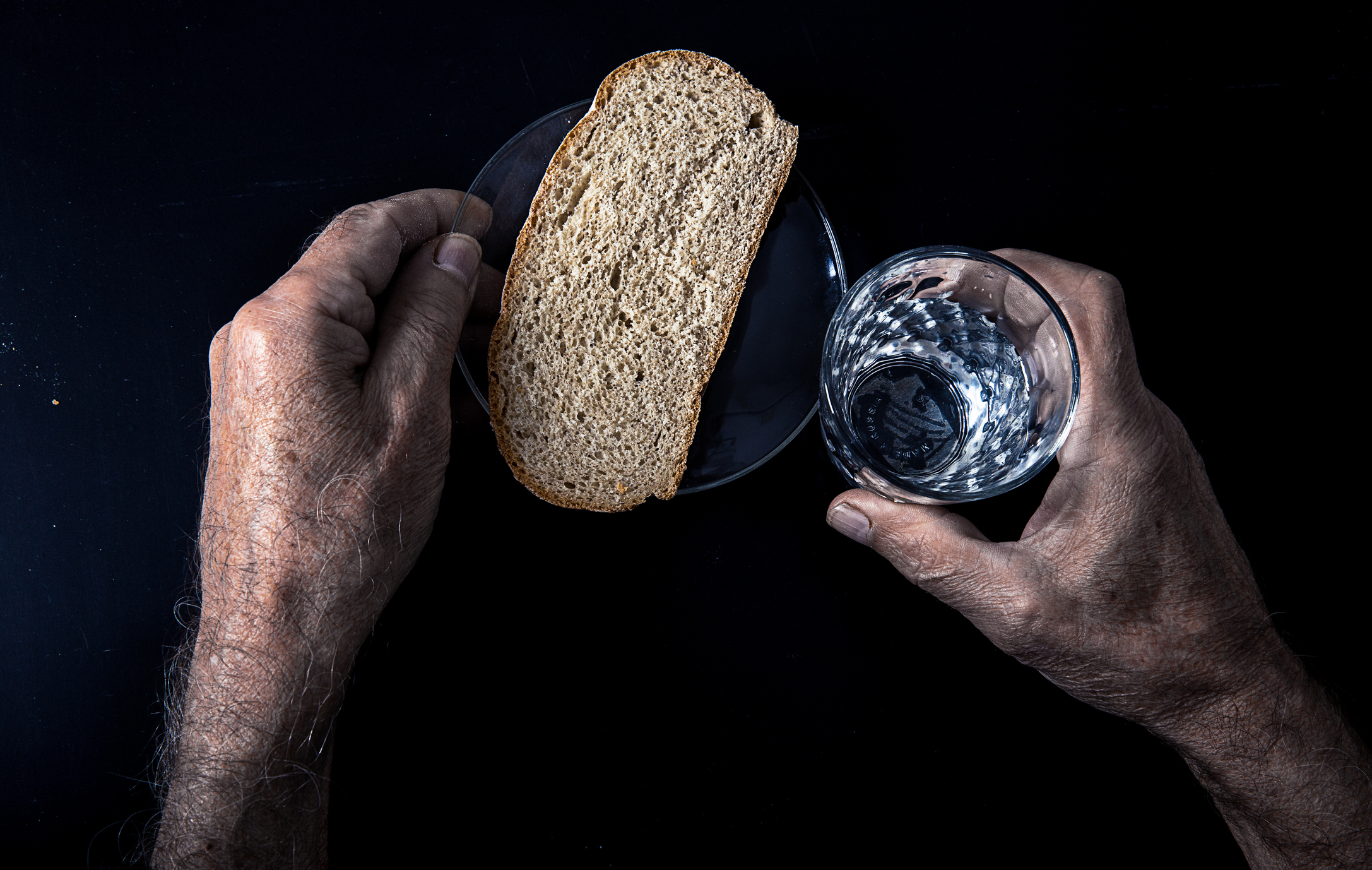Navy scraps 'medieval' bread and water punishment


A free daily email with the biggest news stories of the day – and the best features from TheWeek.com
You are now subscribed
Your newsletter sign-up was successful
Yes, the U.S. Navy could still throw sailors in the brig with nothing but bread and water.
The punishment is straight-up "medieval," Navy Capt. Kevin Eyer tells The New York Times. But it's finally meeting the 21st century thanks to a rule change taking effect Jan. 1.
An independent Defense Department review group recommended the end of the centuries-old practice in 2013, and Congress passed it as part of an update to the Uniform Code of Military Justice in 2016. Most of the other changes don't affect everyday naval life, reports the Times.
The Week
Escape your echo chamber. Get the facts behind the news, plus analysis from multiple perspectives.

Sign up for The Week's Free Newsletters
From our morning news briefing to a weekly Good News Newsletter, get the best of The Week delivered directly to your inbox.
From our morning news briefing to a weekly Good News Newsletter, get the best of The Week delivered directly to your inbox.
For years, Navy commanders could punish sailors' minor infractions with "diminished rations" for up to three days. The practice was modeled after a British Navy punishment outlawed in 1891, and typically granted for missing curfew or drinking underage, the Times says. Constant use of the punishment earned one ship the nickname "U.S.S. Bread and Water" just last year, per the Navy Times.
As bad as that sounds, "bread and water was seen as a humane, progressive alternative to flogging" after that was outlawed in 1862, the Times writes. Eyer also says it's not as bad as the alternatives: halving paychecks or stripping someone's rank. Sailors in the brig get unlimited bread and water, and can usually bring a religious book along.
Capt. Scott Tait, though, told the Times he'd rather hand out book reports instead of bread. After all, the "sensory deprivation" of being in the brig without changing meals "is more meaningful than people would think," Tait added. Online forums show mixed reviews of the practice, which you can read more about at The New York Times.
A free daily email with the biggest news stories of the day – and the best features from TheWeek.com
Kathryn is a graduate of Syracuse University, with degrees in magazine journalism and information technology, along with hours to earn another degree after working at SU's independent paper The Daily Orange. She's currently recovering from a horse addiction while living in New York City, and likes to share her extremely dry sense of humor on Twitter.
-
 6 exquisite homes with vast acreage
6 exquisite homes with vast acreageFeature Featuring an off-the-grid contemporary home in New Mexico and lakefront farmhouse in Massachusetts
-
 Film reviews: ‘Wuthering Heights,’ ‘Good Luck, Have Fun, Don’t Die,’ and ‘Sirat’
Film reviews: ‘Wuthering Heights,’ ‘Good Luck, Have Fun, Don’t Die,’ and ‘Sirat’Feature An inconvenient love torments a would-be couple, a gonzo time traveler seeks to save humanity from AI, and a father’s desperate search goes deeply sideways
-
 Political cartoons for February 16
Political cartoons for February 16Cartoons Monday’s political cartoons include President's Day, a valentine from the Epstein files, and more
-
 British warship repels 'largest Houthi attack to date' in the Red Sea
British warship repels 'largest Houthi attack to date' in the Red SeaSpeed read Western allies warn of military response to Iranian-backed Yemeni rebels if attacks on ships continue
-
 Houthi rebels claim Red Sea ship attacks
Houthi rebels claim Red Sea ship attacksspeed read Iran-backed Yemeni group vows to escalate aggression towards Israel-linked vessels in revenge for Gaza war
-
 Israel plans next phase of Gaza war as first hostages released
Israel plans next phase of Gaza war as first hostages releasedSpeed read After four-day ceasefire 'we will not stop' until destruction of Hamas, says Israel
-
 Mob storms Russian airport 'looking for Jews'
Mob storms Russian airport 'looking for Jews'Speed Read Plane from Israel surrounded by rioters chanting antisemitic slogans after landing in Russia's Dagestan region
-
 Tuberville's military promotions block is upending lives, combat readiness, 3 military branch chiefs say
Tuberville's military promotions block is upending lives, combat readiness, 3 military branch chiefs saySpeed Read
-
 Ukraine's counteroffensive is making incremental gains. Does it matter in the broader war?
Ukraine's counteroffensive is making incremental gains. Does it matter in the broader war?Speed Read
-
 US commissions first-ever Navy ship in a foreign port
US commissions first-ever Navy ship in a foreign portSpeed Read
-
 British spy chief, Wagner video suggest Prigozhin is alive and freely 'floating around'
British spy chief, Wagner video suggest Prigozhin is alive and freely 'floating around'Speed Read
